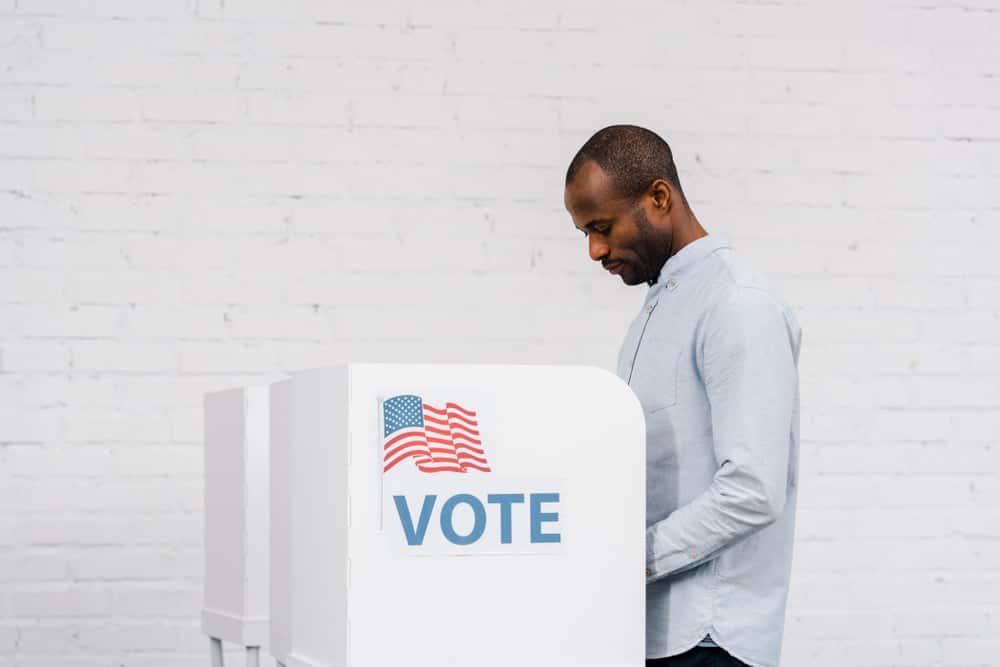As a Black man in this country, I’m well aware of the importance of voting. It’s a responsibility of each eligible citizen/voter in this country. It not only allows for the voiceless to be heard, but it also bolsters the integrity of our democracy while shifting the electorate and subsequently our elected officials in a way that more accurately reflects the demographics of our country. A democracy depends on all of its citizens to be active in political and civic life. Part of that participation is voting. Unfortunately, 33 percent of all eligible Black men in Pennsylvania are not registered to vote.
Many of us (Black men) – even those who are registered – have chosen to sit out elections. I haven’t, but I have spoken to other Black men who have made that decision. As was reflected in the Washington Post article Democrats worry their most loyal voters won’t turn out for Biden in 2024, we (Black men) don’t often feel connected to the platforms of either party. We don’t often feel like the party that needs us most, the Democratic Party, focuses on us. And unless, or until we feel like the outreach touches the issues and the concerns we have, it’s unlikely that many of us will decide to participate in the upcoming elections.
As the Director of New Pennsylvania Project (NPP) and New PA Project Education Fund (NPPEF), part of my job is to help underserved and underrepresented people realize the importance of engaging in the practice of democracy, not withdrawing. The power is in the practice. But this mission is not something that is the sole responsibility of NPP and NPPEF. It’s also on the parties and their candidates that expect support.
New Pennsylvania Project CEO Kadida Kenner, a Black woman, addresses some of these issues.
“There is a crisis of confidence in electoral democracy” particularly with Black men, said Kenner. “Not believing in either major political party at this moment, not trusting the political system, and not believing democracy works for all” feeds into this.
“Voting rights don’t crack the top 5 concerns for Black men in Pennsylvania. The perception of some Black men is that they have not seen their lives generally improve under Presidents Biden or Obama, and they didn’t really see it worsen under Trump,” she added. “Part of the problem is that Democrats often don’t do an effective job communicating with Black men about how they can take advantage and actually access new policies and programs, such as the infrastructure bill that could improve their daily lives.”
Finally, Kenner explains how political engagement actually can make a difference.
“Doing nothing, and not voting, ensures what you don’t want to see will happen. And to not assign misguided blame, what often gets overlooked is that in the last few elections, communities of color and the youth turnout often made the difference in important tight races,” Kenner noted. “They’ve been the difference makers.”
If political parties truly care about the people that they expect to vote for them, in this case Black men, then more funding should go toward reengaging Black men. Democrats can no longer take these votes for granted. While, statistically, Black men typically vote Democrat the problem is that not enough of us are voting or even registered. The New PA Project Education Fund (NPPEF) knows from experience that in order to effectively engage this demographic, it is essential to provide them with a compelling reason to vote, rather than solely relying on their opposition to certain candidates or policies.
Therefore, it is essential for political campaigns and leaders to prioritize understanding and addressing the concerns of Black men. By doing so, we can work towards creating an inclusive democracy that truly represents all voices and ensures that every citizen feels empowered through their participation in the electoral process.







